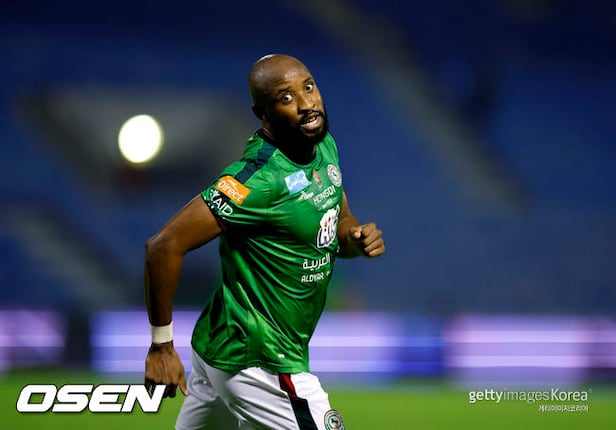SPORTS INFO DASH
Sports Info Dash is your all-in-one hub for real-time sports updates, live scores, in-depth match stats, player profiles, and breaking news across football, basketball, tennis, and more. Stay ahead with the latest in global sports action.
Luka Modric and the New Era of Footballer Club Ownership
Sports Info Dash

The world of football is rapidly evolving, with star players not just dominating on the pitch but also making impacts off it. One major trend is the rise of active footballers turning to club ownership. Players like Luka Modric, renowned for their brilliance and leadership, are redefining what it means to leave a legacy in the sport. This article explores how Modric and his contemporaries are changing football’s business landscape and what this means for the future.
The Influence of Modric in Modern Football Business
Luka Modric has been a central figure for both club and country, earning countless accolades throughout his career. However, the Croatian maestro’s influence now extends beyond his performance for Real Madrid and the national team. As highlighted in From Beckham to Mbappé and Modric: Why star players are putting their money into clubs, Modric is part of a new generation of footballers investing in clubs, following the lead of icons like David Beckham.
This shift marks a significant departure from the past when players might have bought pubs or restaurants after retiring. Today, the football industry provides opportunities for stars to own and shape the future of clubs, investing not only capital but also their deep understanding of the game.
Star Players and the Drive for Ownership
Football legend and former Real Madrid teammate David Beckham set the stage with his ambitious project in Miami. Now, Modric and other elite players like Kylian Mbappé are pursuing similar paths, making impactful moves in football management and business.
The trend isn’t limited to household names like Modric. For instance, as detailed in Former Celtic Player Becomes Owner of Football Club, Moussa Dembélé acquired ownership of FK Minija, a Lithuanian club, while still enjoying an active playing career. These investments show how modern footballers are thinking strategically about their future, expanding their portfolios, and giving back to the sport.
What Motivates Modric and His Peers?
Multiple factors are driving this new wave. For many, including Modric, it’s about giving back to the game and shaping its future. There's also a strong desire to influence club culture and development, ensuring that the next generation benefits from their expertise.
Financially, football club ownership presents new business opportunities and revenue streams for players with significant earnings and public profiles. By investing wisely, stars like Modric are securing long-term stability while cementing their place in the sport’s history.
The Impact on Clubs and the Game’s Future
When football icons like Modric step into ownership roles, their expertise and vision often inspire significant change. Young players look up to owners who have proven themselves on the world stage. These owners can attract new talent, improve training standards, and enhance club reputations.
At the same time, as discussed in Dembélé becomes owner of two clubs while playing for Al Ettifaq in Saudi Arabia, the challenges of balancing playing and business careers are significant. Yet, the successful examples of Modric and others show it’s possible to excel on both fronts.
Conclusion: Modric Leading by Example
Luka Modric’s journey from an elite midfielder to a potential club owner exemplifies the changing landscape of professional football. His investment moves, combined with those of peers like Beckham and Mbappé, signal a bright and innovative future for the sport.
For fans and young players, the path carved out by Modric is both inspiring and instructive. As more footballers choose to become club owners, expect the beautiful game to continue evolving—on and off the pitch.